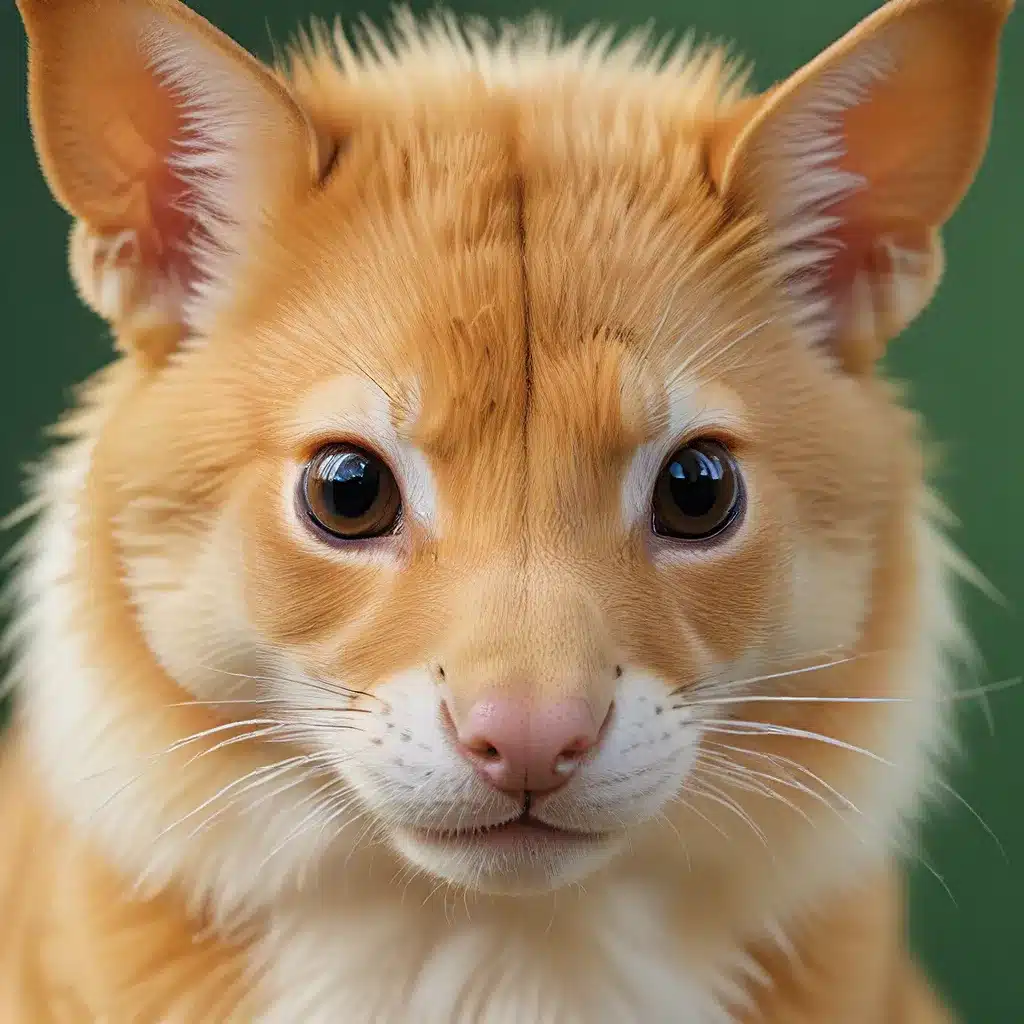
Breeding for a Brighter Future: Balancing Conservation and Compassion
As an exotic pet enthusiast, I’ve always been fascinated by the incredible diversity of our animal companions. From the vibrant hues of tropical birds to the mesmerizing gaze of a lizard, these creatures captivate us with their unique beauty and captivating personalities. But with this fascination comes a profound responsibility – one that extends far beyond simply sharing our homes with these remarkable beings.
You see, the world of exotic pet breeding is a delicate and intricate dance, where the wellbeing of the animals must be carefully balanced with the desire to preserve and protect their species. It’s a tightrope walk that requires a deep understanding of the complex needs of these creatures, as well as a unwavering commitment to ethical and sustainable practices.
Navigating the Challenges of Exotic Pet Breeding
Let’s dive in, shall we? One of the primary challenges in exotic pet breeding is ensuring the genetic diversity of the animals. As we strive to meet the demand for these unique companions, it can be tempting to prioritize quantity over quality. But this approach can lead to a dangerous spiral of inbreeding, compromising the health and vitality of the animals.
The Animal Welfare Act, the only federal law in the United States that regulates the treatment of animals in research, teaching, testing, exhibition, transport, and by dealers, plays a crucial role in this delicate balance. This legislation sets forth strict guidelines for the care and wellbeing of these animals, ensuring that breeders and exhibitors adhere to rigorous standards of animal welfare.
Promoting Ethical and Sustainable Practices
But the Act is just the beginning. Responsible exotic pet breeders must go above and beyond to ensure the long-term sustainability of their breeding programs. This means carefully selecting breeding pairs based on genetic diversity, implementing robust health and wellness protocols, and providing the highest quality of care and enrichment to their animals.
Secure government websites like the one from the USDA’s Animal and Plant Health Inspection Service (APHIS) offer a wealth of resources and guidance to help breeders navigate these complex waters. From detailed regulations to interactive timelines that chronicle the evolution of the Animal Welfare Act, these tools are invaluable in ensuring that exotic pet breeding remains a beacon of responsible stewardship.
The Importance of Captive Breeding for Conservation
But the benefits of ethical exotic pet breeding extend far beyond the walls of our own homes. In fact, captive breeding programs have become a vital component in the global effort to conserve endangered species. By carefully managed breeding and reintroduction efforts, we can help to restore the population numbers of these threatened creatures, ensuring that they continue to thrive in the wild.
Captive-bred reptiles, for example, have become increasingly sought-after by responsible pet owners, as they reduce the demand for wild-caught specimens and help to alleviate the pressure on fragile ecosystems. And as the popularity of exotic pets continues to grow, it’s essential that we champion these sustainable breeding practices to safeguard the future of these incredible animals.
The Delicate Balance: Prioritizing Animal Welfare
But of course, the wellbeing of the animals themselves must always be the top priority. This is where the role of the attending veterinarian becomes crucial. Exotic pet owners and breeders must work closely with licensed veterinarians to ensure that their animals receive the highest level of care, from regular check-ups to specialized treatment when needed.
The Animal Welfare Act goes to great lengths to ensure that these animals are not just housed, but truly cared for. From mandating daily observation and communication with the attending vet, to providing enrichment opportunities that promote the animals’ psychological wellbeing, these regulations are designed to safeguard the very essence of what makes these creatures so captivating.
Embracing Innovation and Collaboration
But the journey towards sustainable and compassionate exotic pet breeding doesn’t end there. As the industry evolves, we must embrace the power of innovation and collaboration to push the boundaries of what’s possible.
Researchers and experts from around the world are working tirelessly to unlock new insights into the unique needs and behaviors of these animals, arming breeders with the knowledge they need to provide the very best care. And by sharing best practices and fostering a culture of transparency, we can elevate the standards of the entire industry, ensuring that the exotic pets of today become the thriving, healthy companions of tomorrow.
The Path Forward: A Bright Future for Exotic Pets
So as you consider adding an exotic pet to your family, or even embarking on the rewarding journey of breeding these remarkable creatures, remember the delicate balance that lies at the heart of this endeavor. It’s a responsibility that extends far beyond the walls of our homes, touching the very fabric of conservation, sustainability, and animal welfare.
By embracing the principles of ethical and compassionate breeding, we can unlock a future where the beauty and wonder of exotic pets is celebrated, not just in our own lives, but in the lives of generations to come. It’s a future where the animals we cherish are not just our companions, but our partners in preserving the incredible diversity of our natural world.
So let’s raise a glass to the breeders, the veterinarians, and the passionate caretakers who are leading the charge towards a brighter, more sustainable tomorrow for exotic pets. Together, we can navigate the complexities, embrace the challenges, and unlock a world where the needs of these incredible creatures are not just met, but celebrated in all their vibrant glory.

